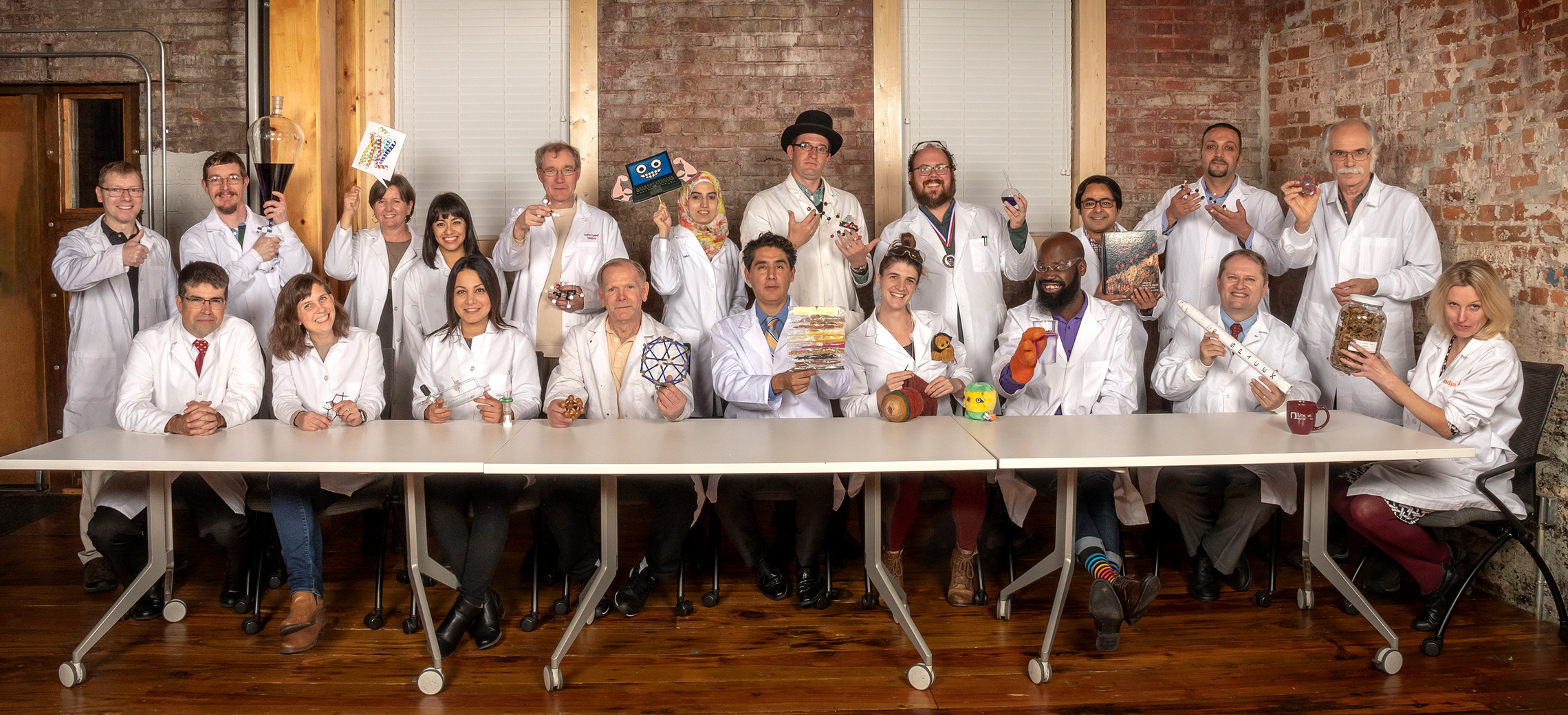
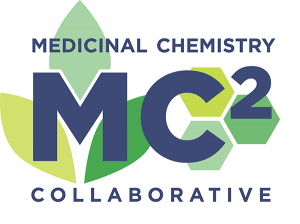 The Medicinal Chemistry Collaborative is an interdisciplinary network of scientists at UNC Greensboro and the surrounding Triad region. We are united by a bold agenda, which is to apply our research to develop effective therapeutics for cancer and infectious disease. Equally as important, we are training the next generation of scientists, through involvement in hands on research with undergraduate and graduate students. Working together and engaging with the greater community (locally, nationally, and internationally), we are committed making new scientific discoveries and translating those findings into tangible strategies for improving human health.
The Medicinal Chemistry Collaborative is an interdisciplinary network of scientists at UNC Greensboro and the surrounding Triad region. We are united by a bold agenda, which is to apply our research to develop effective therapeutics for cancer and infectious disease. Equally as important, we are training the next generation of scientists, through involvement in hands on research with undergraduate and graduate students. Working together and engaging with the greater community (locally, nationally, and internationally), we are committed making new scientific discoveries and translating those findings into tangible strategies for improving human health.
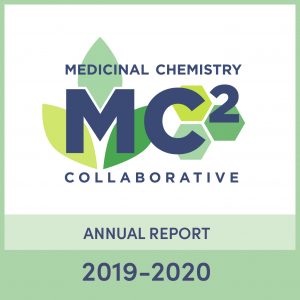
Read about the activities and accomplishments of the MCsquared scientists and our NIH predoctoral fellows in the 2019-2020 Medicinal Chemistry Collaborative Annual Report.
Posted on August 31, 2020
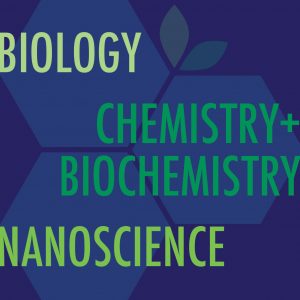
Dr. Zhenquan Jia (Biology) and Dr. Norman Chiu (Chemistry and Biochemistry) received new funding from the NIH National Heart, Lung, and Blood Institute for the project “Novel carbon nanodots for modulation of OxLDL mediated inflammation and inhibition of atherosclerosis.” Dr. Jianjun Wei (Nanoscience) is co-principal investigator on the project.
Posted on August 11, 2020
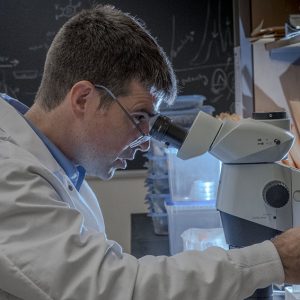
Dr. Nicholas Oberlies received a $1.5 million grant from the National Cancer Institute to discover new anticancer drug leads in fungi, specifically those used in fermentation. Fungal cultures have been used for decades in life-saving medicines, most notably penicillin and statins. Still, there are no drugs derived from fungi specifically for fighting cancer.
Posted on July 30, 2020
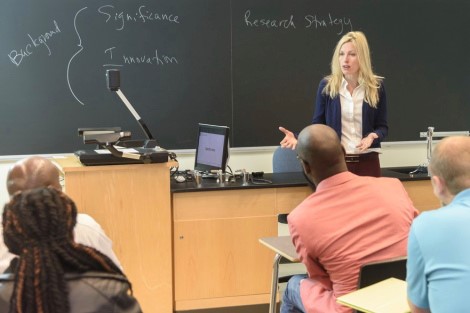
“Yes, and” as Teaching-Learning Methodology
Award Winning Professors Nadja Cech (Chemistry and Biochemistry) and Omar Ali (Honors, African American and African Diaspora Studies and History) co-authored an article in Teaching and […]